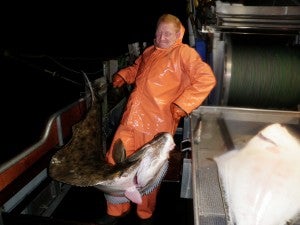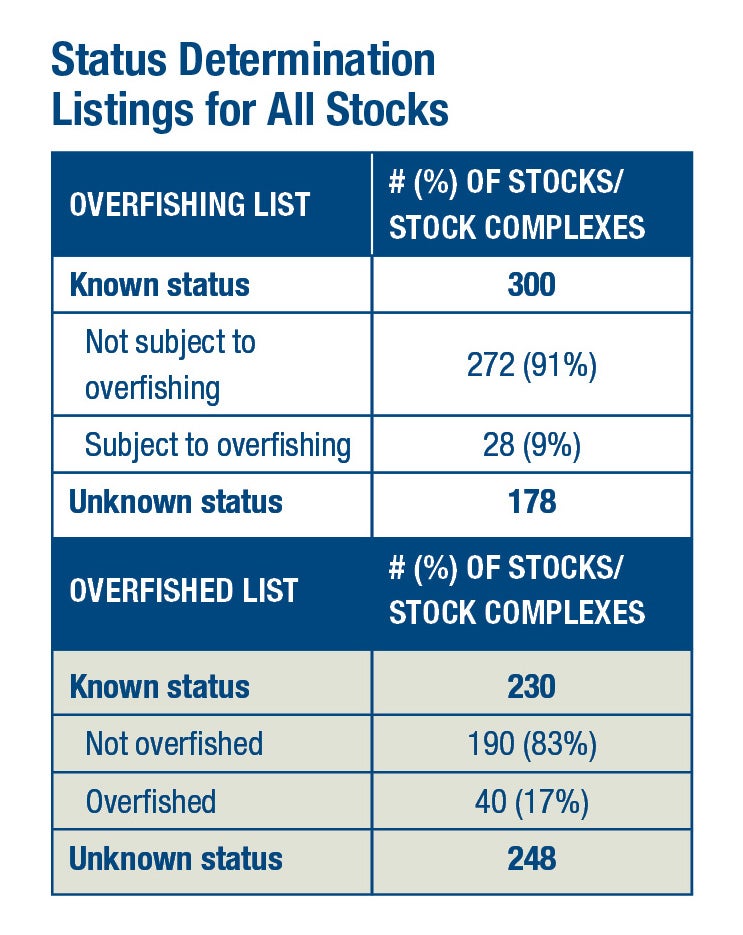By: Wes Erikson
Fisherman Wes Erikson shares his experiences fishing under strict Canadian discard legislation to demonstrate how the Common Fisheries Policy landing obligation can result in sustainably managed and economically viable European fisheries.
My story:
I have not missed a fishing season since I was five-years old. At that time, anyone could go fishing commercially; all you needed was a boat and a strong back (my grandfather used to say a weak mind helped!). Fishing with my father and grandfather at age 16, I skippered a 14-metre salmon troller and at 20, in 1987, I purchased my first vessel – a 15 metre halibut/salmon vessel. When I became a vessel owner, I decided it was important to get involved in the fisheries advisory process, and I remain involved to this day.
My fishery has evolved and matured as a result of concerns that fishermen have regarding safety, illegal activities, and price. Managers, scientists, and ENGOs have added to this with issues surrounding monitoring, accountability, discards, MPA’s, seabird avoidance, and more. Sometimes change was forced upon us, and it is worth noting that fishermen can navigate cannily around any rule. We are natural problem solvers. We have to be, because lost lives and financial ruin are a very possible outcome of problems that arise in our field. This is one of the reasons why “only fishermen can talk to fishermen.”
Co-management gave us the opportunity to be involved in decision making and regulation changes; real co-management, not just talking to fishermen. This requires time, trust, and allowing both parties to make mistakes and learn from them. The industry was given the chance to grow and mature, but growing up is not easy. None of this was easy. In fact, many changes seemed impossible. Read More











